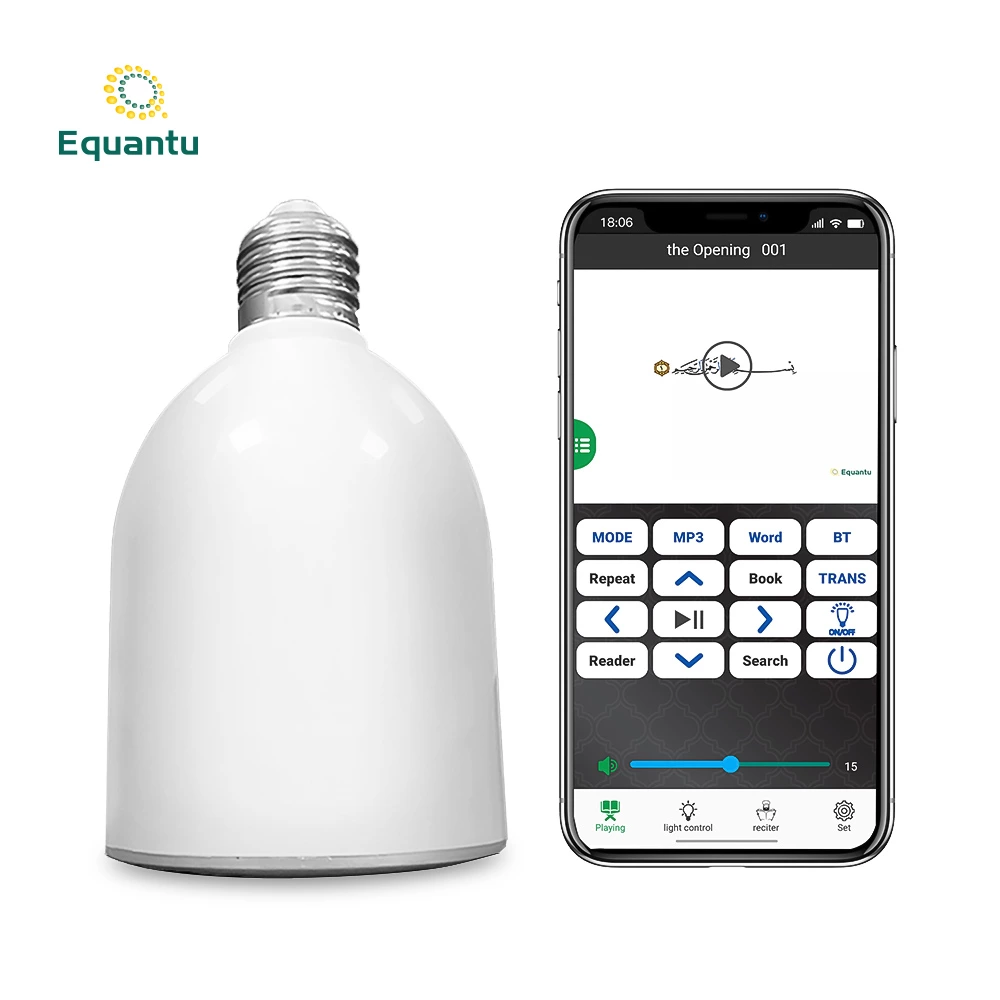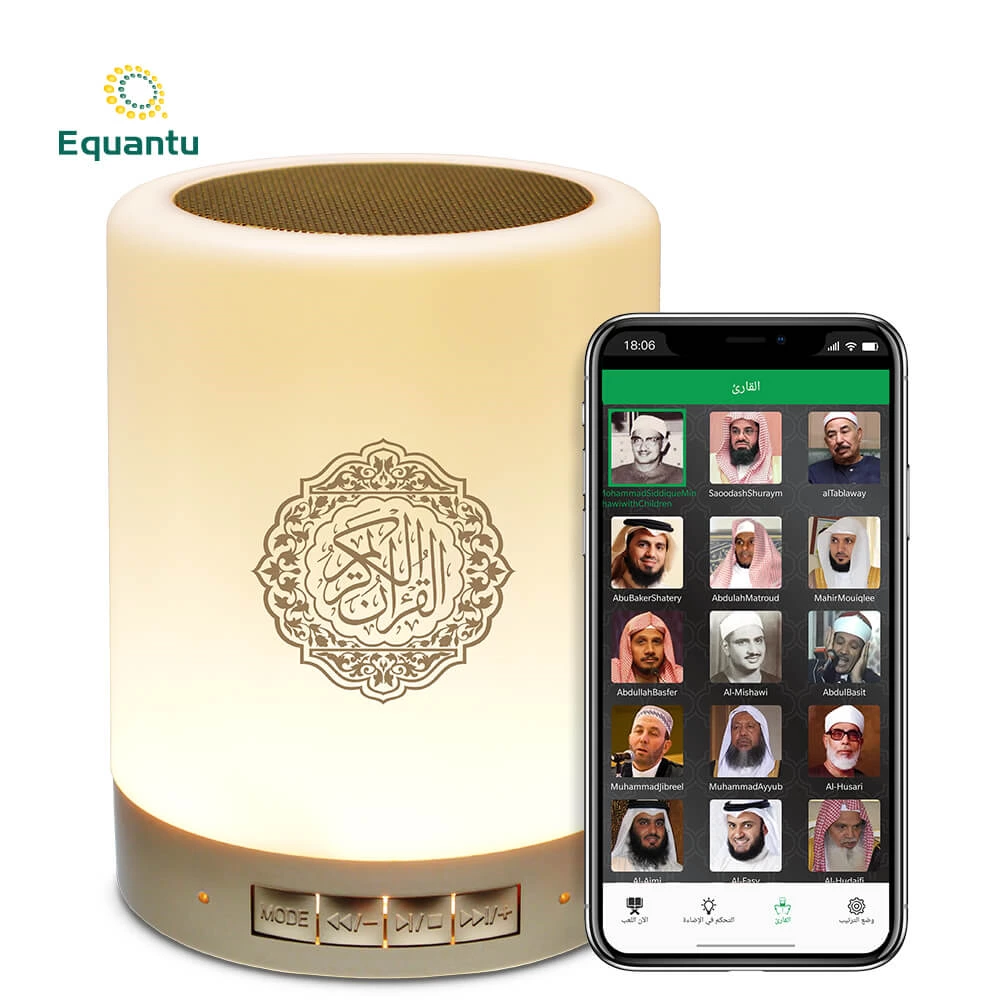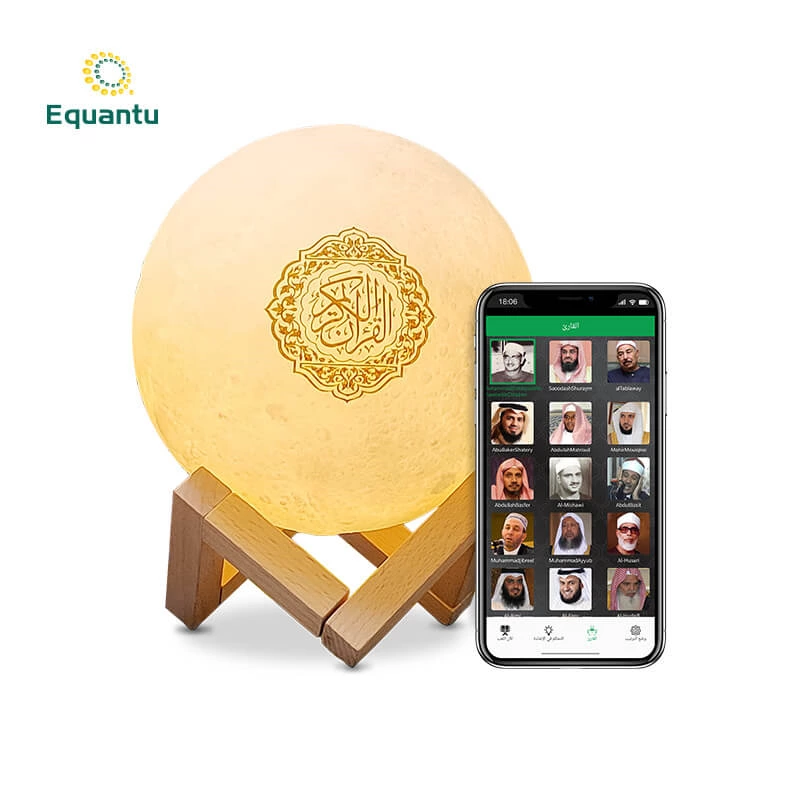Establishing Daily Reflection
Morning and Evening Practices
The Prophet (PBUH) emphasized the importance of morning and evening remembrance, providing a framework for daily self-improvement. This practice can be enhanced through specific Quranic verses and duas.
Start each day with the Prophet's morning supplication: "O Allah, by You we enter the morning and by You we enter the evening, by You we live and by You we die, and to You is the Resurrection." This daily reminder helps establish purposeful living and constant awareness of our accountability.
Implementing this practice involves:
- Setting aside specific times for reflection
- Creating a quiet space for contemplation
- Maintaining a journal of favorite quotes
- Connecting verses to daily experiences
- Setting intentions based on Islamic teachings
Goal Setting Through Islamic Wisdom
Divine Guidance for Personal Growth
The Quran provides clear direction for setting meaningful goals: "And that there is not for man except that [good] for which he strives." (53:39)
This verse teaches several crucial principles about personal development:
- The importance of intentional effort
- The direct connection between actions and outcomes
- The value of focused dedication
- The necessity of personal responsibility
- The reward of consistent striving
Practical Implementation:
- Setting SMART goals aligned with Islamic values
- Breaking down larger objectives into manageable steps
- Regular progress evaluation
- Adjusting plans based on Islamic principles
- Maintaining focus on both worldly and spiritual growth
Character Development
Using Prophetic Examples
The Prophet's (PBUH) character provides the perfect model for self-improvement. As the Quran states: "And indeed, you are of a great moral character." (68:4)
Key Areas for Development:
- Truthfulness in all dealings
- Patience during difficulties
- Kindness towards others
- Humility in success
- Gratitude for blessings
This development requires:
- Regular self-assessment
- Identifying specific areas for improvement
- Creating action plans for each quality
- Seeking knowledge about prophetic characteristics
- Regular practice and reinforcement
Emotional Intelligence
Islamic Perspective on Emotions
The Quran and hadith provide extensive guidance on emotional management: "Those who spend [in the cause of Allah] during ease and hardship and who restrain anger and who pardon the people - and Allah loves the doers of good." (3:134)
This comprehensive verse teaches emotional intelligence through:
- Consistent good behavior regardless of circumstances
- Anger management techniques
- Forgiveness as a path to growth
- Positive response to negativity
- Emotional balance in all situations
Practical Steps:
- Developing self-awareness through Islamic teachings
- Practicing mindful responses to situations
- Building empathy through Islamic principles
- Managing stress through worship
- Cultivating emotional resilience
Using Islamic quotes for self-improvement is not just about memorization but about deep understanding and practical application. When properly implemented, these teachings provide a comprehensive framework for personal development that enhances both our worldly success and spiritual growth.







